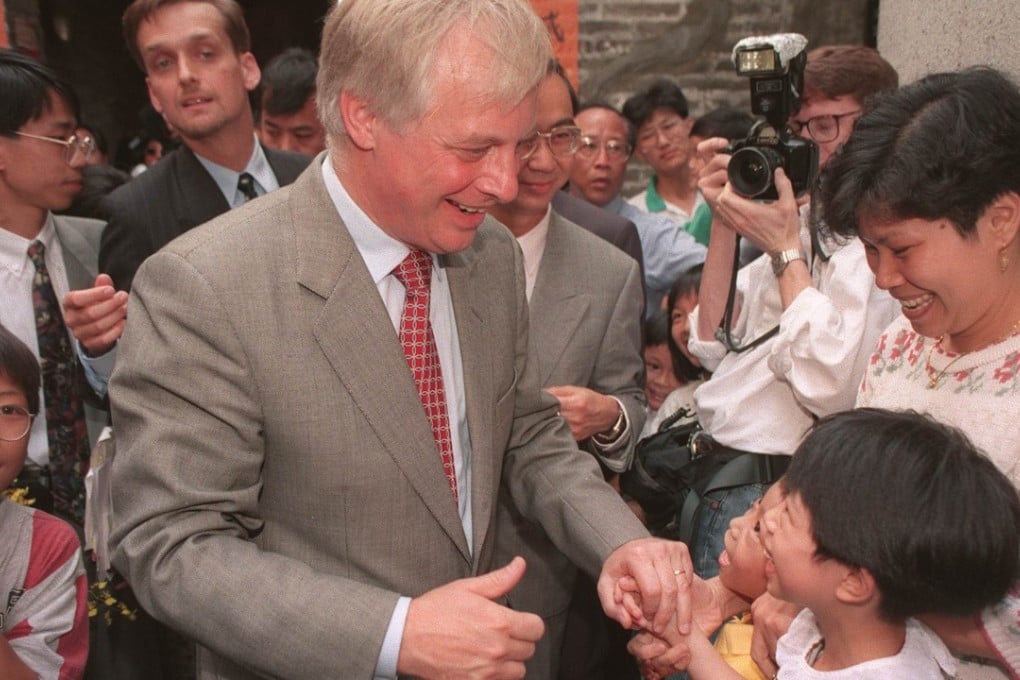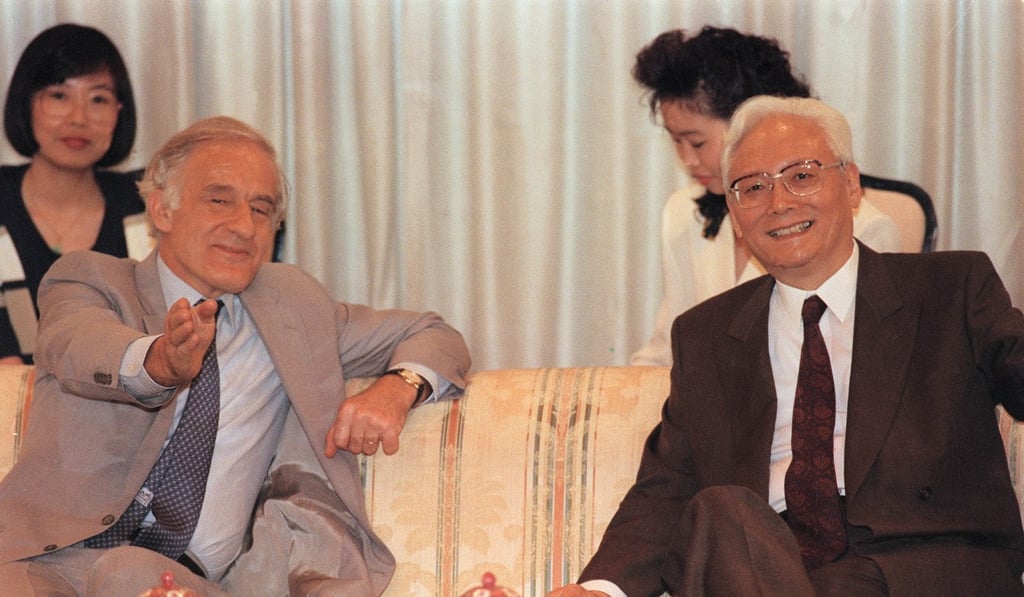Hong Kong ex-governors Patten and Wilson still upbeat about city’s democracy ... but say there’s work to be done
Both former leaders praised how political and economic freedoms have been sustained in the past 20 years despite uncertainties

Hong Kong has remained one of the freest cities in Asia but has much work to do in building democracy and sorting out its future relationship with Beijing, its last two British colonial governors say.
In separate interviews with the Post in London to mark the 20th anniversary of Hong Kong’s return to China, both David Wilson and Chris Patten hailed the city for sustaining its political and economic freedoms over the past two decades.
But they also warned that Hong Kong faced major external and internal challenges. Wilson’s main concern was the gridlock between the executive and legislative branches, which risked ruining Hong Kong’s reputation for efficiency, he said.

The two also had a warning for advocates of Hong Kong independence. Patten said Hong Kong was not a would-be nation state, while Wilson advised Hongkongers to better understand China’s position.
Both were also keen to acknowledge the positives.